Faster and More Accurate: AI Boosts Success in Breast Cancer Detection
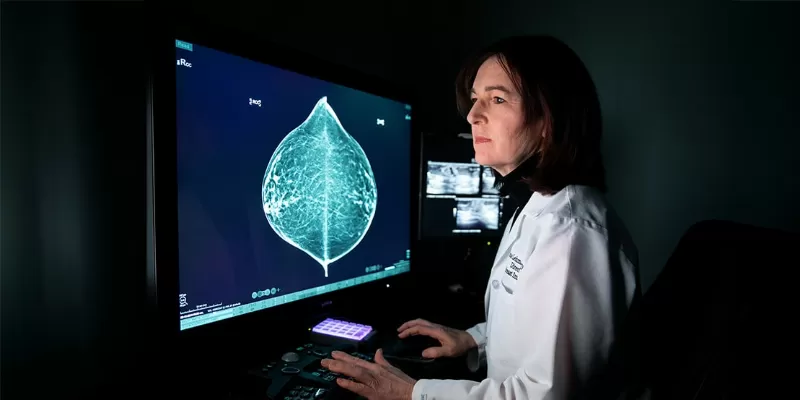
12 September 2023
Researchers at Sweden's Karolinska Institutet have found that artificial intelligence (AI) aids radiologists in detecting more breast cancer cases in mammograms than traditional methods. This AI-integrated approach not only increased cancer detection by 4% but also reduced reading time by half. Furthermore, AI's involvement significantly lowered false positives. The findings endorse AI's potential inclusion in future mammography screenings, promising efficiency in early cancer detection.
The Screen TrustCAD study, published in The Lancet Digital Health, showed that a single radiologist aided by AI detected more cases than two radiologists combined. Traditionally, two radiologists would examine each mammogram. Compared to the standard dual-radiologist method, the researchers assessed the accuracy of different AI-radiologist combinations.
For more than three decades, screening mammography has played a pivotal role in curbing breast cancer mortality rates. Yet, challenges like a shortage of radiologists and occasional missed detections have persisted. AI's introduction, according to several retrospective studies, could be the solution to these impediments.
Dr. Karin Dembrower, the study's first author and an affiliated researcher at the Department of Oncology-Pathology, Karolinska Institutet, remarked,
“AI and humans perceive images slightly differently, which creates a synergy that improves our chances of detecting cancer. With the ScreenTrustCAD study, we wanted to examine how well two radiologists performed compared with one radiologist and AI, and AI alone”
Conducted at Stockholm's Capio St Göran’s Hospital between April 2021 and June 2022, the study involved screenings of over 55,500 women aged 40 to 74. The findings revealed:
- Two radiologists detected 250 cancer cases.
- Two radiologists aided by AI spotted 269 cases.
- A single radiologist alongside AI identified 261 cases.
- AI, working solo, detected 246 cases, a figure statistically on par with the results from the dual-radiologist method.
Dr. Fredrik Strand, the study's principal investigator and a radiologist at the Department of Oncology-Pathology, Karolinska Institutet, stated,
“Compared with the current two-radiologist standard, assessment by one radiologist and AI resulted in a four percent increase in breast cancer detection and halved the radiologists' image reading time. It's clear to us that for screening mammography, one AI-supported radiologist is a better alternative than two radiologists without AI.”
Furthermore, when compared with the two radiologists' method, one radiologist coupled with AI, and AI alone marked a 6% and 55% dip in false positives, respectively. These false positives, or incorrect cancer indications in healthy women, can lead to undue distress and financial burdens. Contrasting with an earlier study from Lund University, the ScreenTrustCAD study's improvements are statistically substantiated. Dr. Strand elaborated on AI's imminent role, saying:
“Our study shows that AI is ready for controlled implementation in screening mammography. However, you must choose an AI system that has been properly tested on images from the same type of mammography equipment and ensure continuous monitoring after clinical implementation. In the longer term, AI has the potential to take over the majority of screening mammography assessments.”
From June 2023 onwards, Capio St Göran’s Hospital has entrusted an AI-supported radiologist with screening mammograms, liberating radiologists to focus more on breast cancer patients. The study garnered financial backing from the Swedish Research Council, Region Stockholm, the Swedish Cancer Society, and software producer Lunit Inc.
Abstract of the research
Artificial intelligence for breast cancer detection in screening mammography in Sweden
Summary / Background: Artificial intelligence (AI) as an independent reader of screening mammograms has shown promise, but there are few prospective studies. Our aim was to conduct a prospective clinical trial to examine how AI affects cancer detection and false positive findings in a real-world setting. Findings: From April 1, 2021, to June 9, 2022, 58 344 women aged 40–74 years underwent regular mammography screening, of whom 55 581 were included in the study. 269 (0·5%) women were diagnosed with screen-detected breast cancer based on an initial positive read: double reading by one radiologist plus AI was non-inferior for cancer detection compared with double reading by two radiologists (261 [0·5%] vs 250 [0·4%] detected cases; relative proportion 1·04 [95% CI 1·00–1·09]). Single reading by AI (246 [0·4%] vs 250 [0·4%] detected cases; relative proportion 0·98 [0·93–1·04]) and triple reading by two radiologists plus AI (269 [0·5%] vs 250 [0·4%] detected cases; relative proportion 1·08 [1·04–1·11]) were also non-inferior to double reading by two radiologists. Interpretation: Replacing one radiologist with AI for independent reading of screening mammograms resulted in a 4% higher non-inferior cancer detection rate compared with radiologist double reading. Our study suggests that AI in the study setting has potential for controlled implementation, which would include risk management and real-world follow-up of performance.

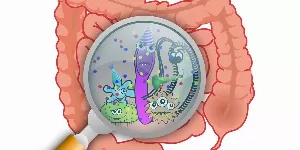



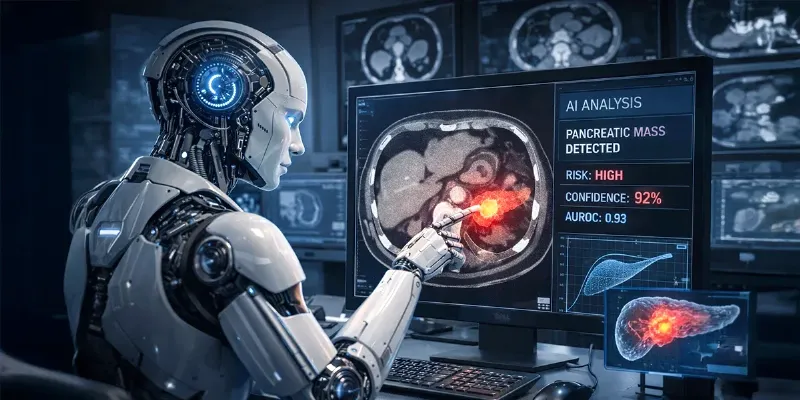
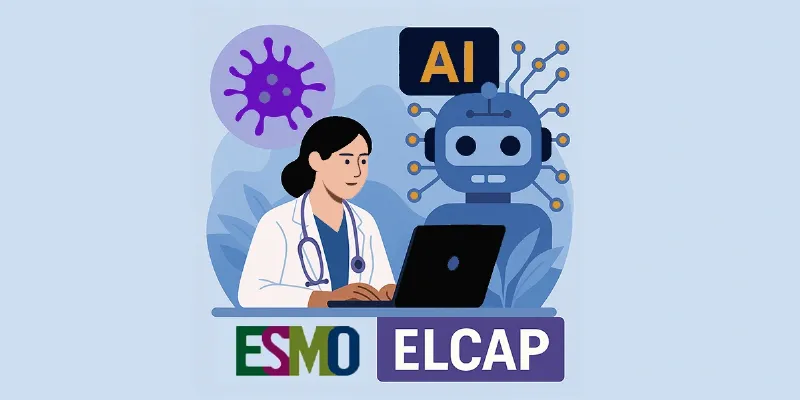

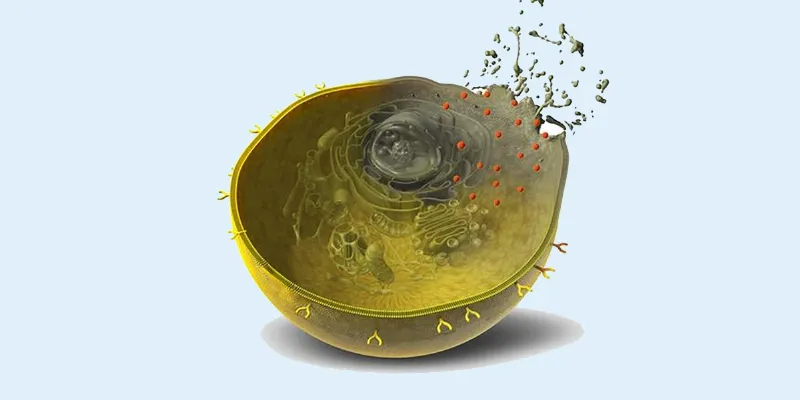

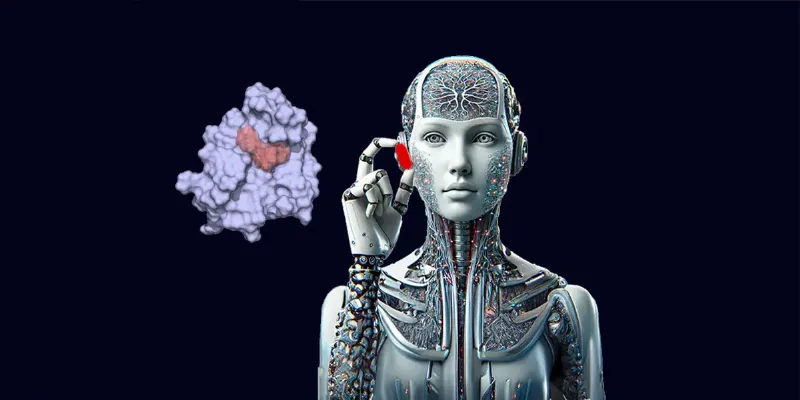
Comments
No Comments Yet!